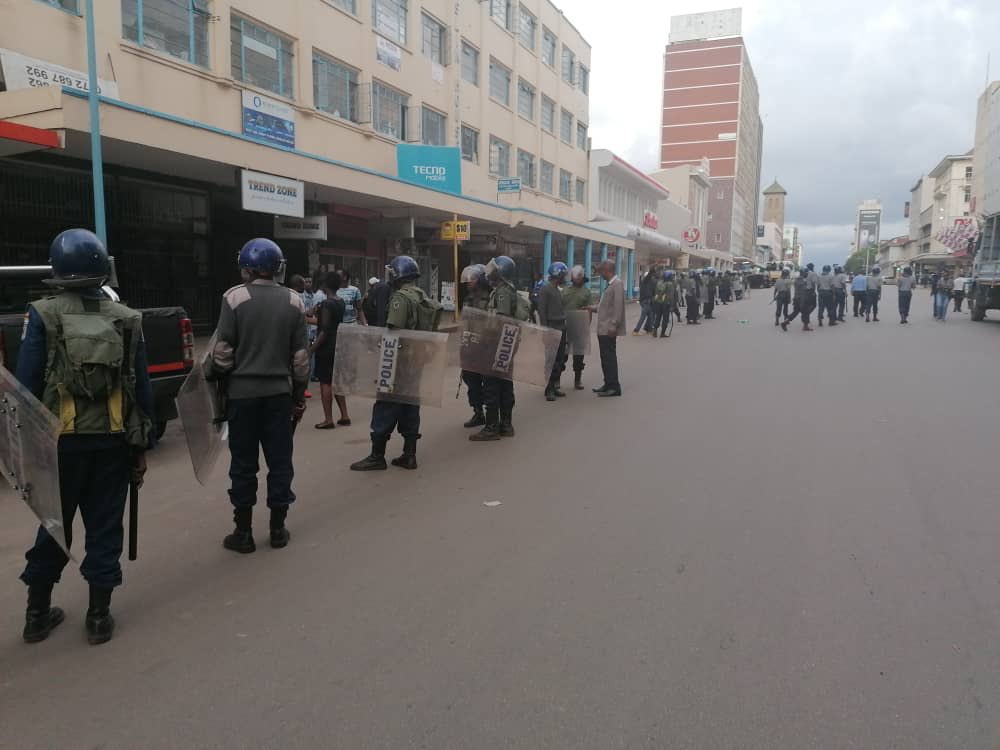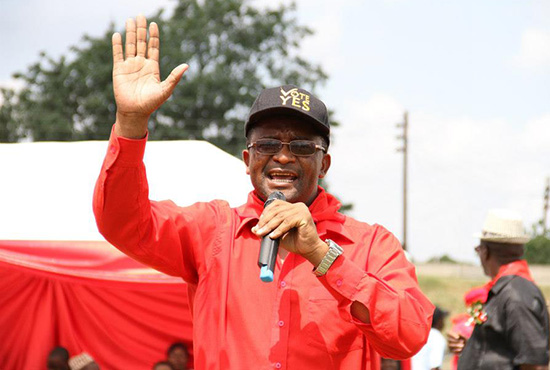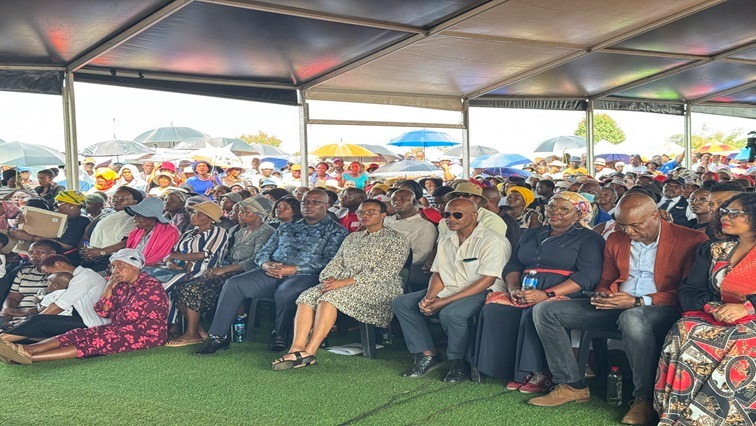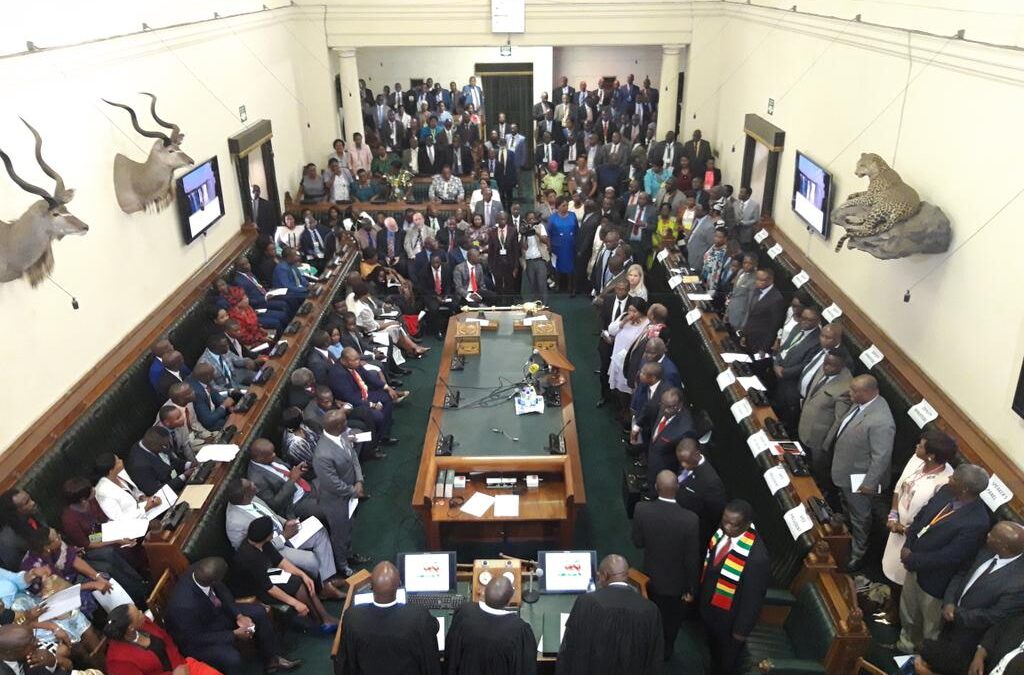Tafadzwa Nyikadzino
The overreaction of the police to the power squabbles currently happening in MDC could spoil the country’s re-engagement efforts with Western countries as evidenced by statements released by the United States of America and the European Union over the issue.
President Emmerson Mnnangagwa’s administration prioritized re-engagement with Western countries to take Zimbabwe out of political and economic isolation which was exacerbated by the bad democracy and human rights record fanned by the country’s previous administration.
This was followed by some significant strides towards achieving this priority as the European Union and Zimbabwe began to have political engagements at Ministerial level after a decade of no formal dialogue between Harare and the E.U bloc. The engagements followed the removal and relaxation of sanctions on some top officials by the E.U bloc while promises of improved trade and financial assistance were surfacing.
The same progress was seen from the U.S-Zim relations which were starting to thaw as evidenced by the increasing interest of investing in Zimbabwe from U.S firms, and the removal of Agribank from sanctions.
But the recent developments where the country’s security forces appeared to be backing the seizure of MDC headquarters by Thokozani Khupe led MDC T faction from Nelson Chamisa’s MDC A’s grip prompted the representatives of these countries to issue worrying statements which put future engagements at risk.
U.S statement
The U.S Embassy issued a statement against the involvement of security forces in the opposition party’s factional fights saying it was dismayed by the politicized use of security forces to take over the opposition’s headquarters and arrests of its members.
“We are dismayed by the politicized use of security forces to take over the headquarters of an opposition party and arrest of its members. A healthy democracy requires healthy opposition parties” the U.S Embassy wrote on Twitter.
This was followed by a statement by the Senate committee on Foreign Relations which stated that the government was focusing on crushing political opposition than mitigating the effects of Covid 19 on the economy.
“The take over of @MdcZimbabweHq Harvest House, assault of a youth leader and arrest of several party leaders, including Tendai Biti demonstrates again that Zimbabwe government focused on crushing political opposition rather than remedying economic crisis, Covid 19 and humanitarian despair” the U.S senate tweeted.
The Assistant Secretary of State for African affairs Tibor Nagy also condemned the involvement of security forces in the political affairs on the opposition party saying the move shows Zimbabwe’s departure from democratic norms and inconsistent on implementing political and economic reforms.
“The United States condemns the Zimbabwean government’s politicised use of security forces to take over an opposition party’s headquarters and arrest its members. This is the latest example of the government of Zimbabwe’s departure from democratic norms and is inconsistent with previous commitments to implement fundamental political and economic reforms” reads Nagy’s tweet.
U.S’s engagements are premised on democracy and respect of political and human rights. The country normally avoids to engage with countries that stifle political and human rights, and those that violate democratic norms. These statements show the country’s perception on Zimbabwe’s democracy and political landscape as that which is stifled by politicised security forces. Future engagements with the country may be difficult to make until such perceptions are removed.
The European Union
The E.U bloc has been the most forthcoming community as far as engagements with Zimbabwe are concerned. This was evidenced by the bloc resuming formal political engagements with Zimbabwe after a decade of silence. But the statement they released after the political developments in the opposition party show that all the progress that the two partners had reached may be stalled.
“This week’s events in Zimbabwe show a lack of respect of rule of law, due process and constitutional rights: partisan deployment of security forces, arrests, disrespect of property rights, partial investigations, corruption and threats against journalism,” wrote E.U in Zimbabwe.
This was followed by a statement by E.U Ambassador to Zimbabwe Timo Olkkonen which reads:
“Security forces involved in private property dispute. Opposition harassed. Political party threatens journalist. Questions on investigative bias and impunity of human rights violations. Not a good week for Zimbabwe,”
There is no doubt that the E.U block was probably disappointed by the involvement of security forces in opposition affairs where they appeared to be in favour of a faction which is against Nelson Chamisa who happens to be President Emmerson Mnangagwa’s biggest political rival.
Zimbabwe’s response
The government of Zimbabwe is yet to offer a formal response to statements by the international community on the accusations of politicising security forces against MDC A. But the Zimbabwe Republic Police has justified the arrest of MDC A leaders, Tendai Biti, Vongai Tome, Gladys Hlatshwayo, Louis Chimhini, Lynette Karenyi Kore and Lovemore Chinoputsa when they made attempts to re-occupy Harvest House saying they were violating the national lockdown rules.
“There was an influx of people in Harare central business district this afternoon (yesterday) in violation of Statutory Instruments related to Covid-19 with regards to health, security and safety of the public.
“In the same vein, Tendai Biti, Vongai Tome, Gladys Hlatshwayo, Louis Chimhini, Lynette Karenyi Kore and Lovemore Chonoputsa who were part of a group who had illegally gathered in the Harare central business district, were arrested for violating Covid-19 lockdown regulations,” Police spokesperson, Assistant Commissioner Paul Nyathi.
The government of Zimbabwe should come up with a very strategic response to the concerns raised by the international community for it to maintain the momentum it had gained on its foreign engagement efforts. Zimbabwe needs to have business engagements with the Western countries for its economy to flourish. The country has felt the effects of isolation during the reign of former President Robert Mugabe and it would definitely not want to travel the same path again.





0 Comments